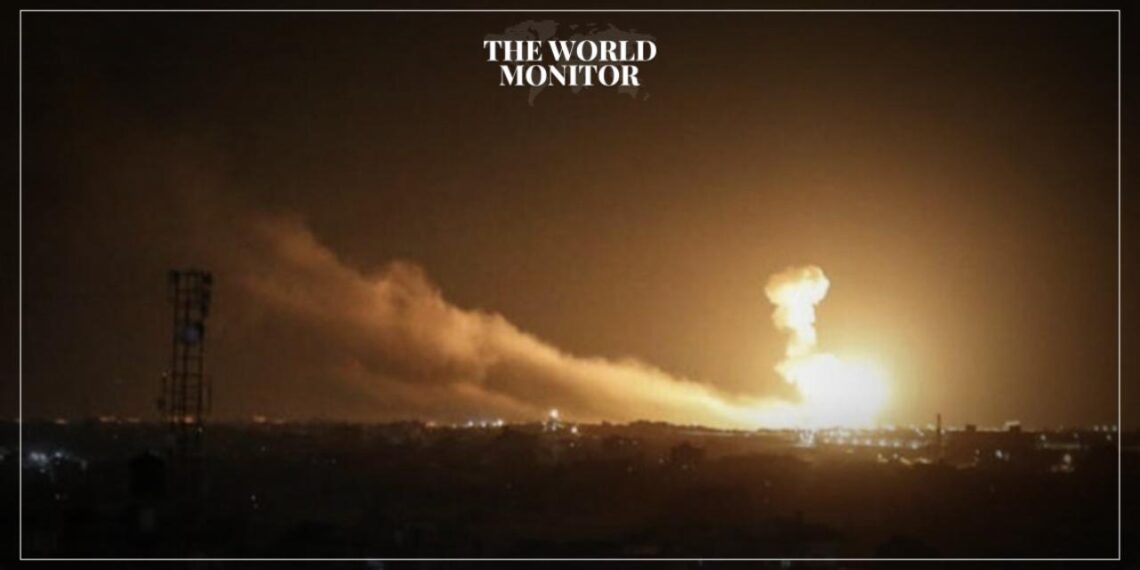The U.S. military announced that it carried out a strike in Syria on Friday, resulting in the death of a senior leader in a group linked to al-Qaeda. According to a post on the U.S. Central Command’s “X” platform, the strike targeted Abu Abdul Rahman al-Maki, a senior leader in the al-Qaeda-affiliated group Hurras al-Din, as reported by Sky News.
The statement described al-Maki as “a member of the Shura Council of Hurras al-Din and a senior commander responsible for overseeing terrorist operations from Syria.” U.S. Central Command Commander Michael Erik Kurilla stated, “The command remains committed to the enduring defeat of terrorists who threaten the United States, its allies, partners, and regional stability.”
Local reports indicated that al-Maki was killed by a drone strike in Idlib, northern Syria, believed to have been carried out by the U.S.-led coalition. The Syrian Observatory for Human Rights reported that al-Maki was targeted while riding his motorcycle on the road between the towns of Ihsim and Bara in the Jabal al-Zawiya area of southern Idlib.
The U.S. military presence in Syria dates back to 2014, when it began as part of a coalition to defeat the Islamic State (IS). As of 2024, around 900 U.S. troops, along with an undisclosed number of contractors, remain in Syria, primarily in the northeast and at the al-Tanf garrison. The presence of U.S. forces in Syria serves multiple purposes: countering the remnants of IS, deterring Iranian influence, and supporting local partners like the Syrian Democratic Forces (SDF).
The U.S. presence also plays a strategic role in blocking Iranian efforts to establish a land corridor from Tehran to Lebanon, which would strengthen Iran’s regional influence and threaten Israel. The U.S. forces in Syria have been crucial in conducting counterterrorism operations and preventing the resurgence of IS, while also serving as a counterbalance to Russian influence in the region. Despite ongoing debates about the risks and benefits of maintaining this presence, U.S. military operations in Syria continue as part of broader efforts to ensure regional stability.






